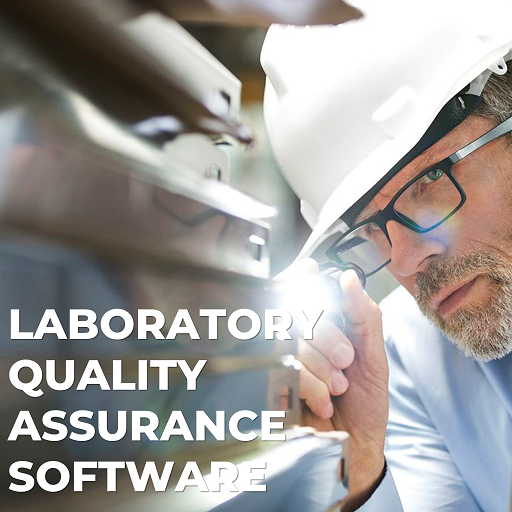How Laboratory Management Software Improves Accuracy and Productivity Introduction In today’s fast-evolving scientific and industrial environments, accuracy and productivity define laboratory success. That’s where Laboratory Management Software (LMS) comes in. By automating data entry, managing workflows, and integrating instruments, it minimizes errors and accelerates operations. From research labs to manufacturing quality control units, organizations are…
Top 10 Features to Look for in Customer Complaint Management Software Introduction In today’s competitive world, customer complaint management software has become a cornerstone for building trust and loyalty. Whether your business is in manufacturing, healthcare, or services, handling complaints effectively defines your brand reputation. The right software helps track, analyze, and resolve issues faster—ensuring…
How Laboratory Management Software Enhances Data Integrity Introduction In today’s digital era, laboratory management software plays a vital role in maintaining accuracy, transparency, and trust in laboratory operations. Whether it’s research, testing, or quality assurance, data integrity remains the backbone of reliable results. Laboratory management software ensures that every piece of data right from sample…
The Role of Complaint Investigation Software in Root Cause Analysis Introduction In today’s competitive market, handling customer complaints effectively can make or break a brand’s reputation. A complaint investigation software not only helps track and manage issues but also plays a critical role in root cause analysis. Manual systems often struggle to capture detailed data…
How Laboratory Information Management Software Enhances Traceability Introduction In modern labs, maintaining traceability across samples, processes, and results is essential. A laboratory information management software (LIMS) provides the digital backbone to achieve this. Unlike spreadsheets or manual records, LIMS connects every step — from sample registration to reporting — ensuring complete visibility. Whether in pharmaceuticals,…
Integrated CAPA Management System: Close NC Faster Non-conformities (NCs) can slow operations, delay audits, and impact compliance if not managed properly. With an integrated CAPA management system, organizations can detect, document, and resolve NCs faster—ensuring continuous improvement across all processes. Automated Workflows for Faster Closure Automation eliminates manual follow-ups and paper trails. The system assigns…
Must-Have Features in Laboratory Software for GMP Compliance Introduction Pharmaceutical, biotech, and life sciences laboratories operate under strict Good Manufacturing Practice (GMP) guidelines. Ensuring compliance means every test, record, and workflow must meet regulatory standards while maintaining data integrity. Manual systems often fall short, leading to errors and compliance risks. This is where laboratory software…
Common QA Software Mistakes and How to Avoid Them Introduction Quality Assurance (QA) software is essential for ensuring product consistency, regulatory compliance, and operational excellence. However, many businesses struggle to get the most out of their investment due to avoidable missteps. Whether it’s poor implementation or mismatched features, these mistakes can delay ROI, frustrate teams,…
Cloud-Based QA Software: Features, Benefits & Trends Introduction As industries push for speed, accuracy, and compliance, quality assurance (QA) systems must evolve to keep up. Traditional on-premise solutions often lack the agility and scalability modern businesses need. That’s why many companies are now turning to cloud-based QA software to streamline operations, reduce errors, and drive…
Choosing the Right LIMS QC Software: A Buyer’s Guide Introduction In modern laboratories, managing samples, workflows, and compliance manually is no longer sustainable. As demands for accuracy, speed, and traceability grow, so does the need for a robust digital solution. That’s where choosing the right LIMS QC software guide becomes essential. This buyer’s guide will…










